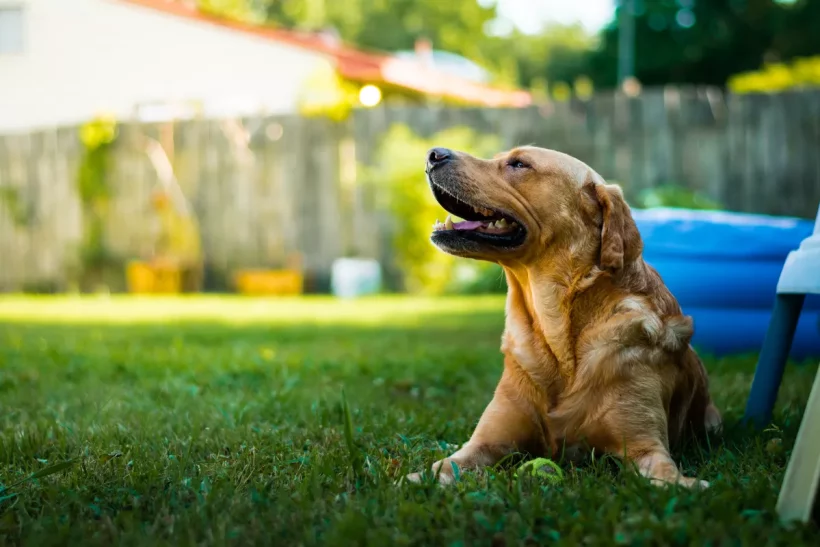How To Socialise An Adult Dog In Preparation For Doggie Daycare
Any dog owner wishing to enrol their dog into doggie daycare must meet certain criteria, or rather, their dog must meet certain criteria.
The most basic of these is that they have had all their inoculations, and a doggie daycare centre will also expect that the dog is otherwise healthy.
A further criterion the many doggie daycare centres will look for is that any dog which enrols with them has been socialised.
By that, we mean that the dog has been exposed to other dogs and humans and behaves in a normal manner whenever it comes into contact with either.
An unsocialized dog will display several behaviours when it sees or meets other dogs and humans which can indicate terror at one end of the spectrum, and outright aggression at the other.
How these behaviours manifest can vary and includes barking, growling, whimpering, cowering behind their owner, attempting to flee, and in the worst cases attacking a dog or human and even trying to bite them.
Admittedly, the last of those is rare, but whether your dog displays that extreme behaviour or any of the others, it is important to know that if you want them to attend doggie daycare, your dog must be socialised if it has not already.
We must point out that this advice is targeted to dog owners with adult dogs rather than puppies as we expect that, if you have a puppy, you will be training and teaching already and part of that will be socialisation.
As for those dog owners whose adult dogs are not yet fully socialised, here are some ways you can alter that scenario and help your dog to become a social animal when it meets other dogs and humans.
Be Patient
Our first tip, and possibly the most important, is that you remain patient throughout this process.
Trying to rush and force your dog into socialising situations before it is ready will only set them backwards.
Take one step at a time and one day at a time.
Increase The Frequency Of Their Walks
Some dog owners of unsocialised dogs try to limit their exposure to others, but that is the opposite of what you should do.
Instead, take them out for walks more often than you do currently up to four, five or even six times a day if you are able.
Invite People To Your Home, One At A Time
If your dog is especially unsettled when meeting people, ask friends, family, and colleagues if they will visit your home at a set date and time, and do this individually rather than them all visiting at once.
This allows your dog to meet each person in familiar surroundings and when you are there to reassure them all is okay.
Visit Dog Parks
If your dog needs to learn to be social with others dogs, then the best place for that is the dog park or a normal park where lots of dogs are walked.
Again, do not overwhelm them by first visiting when the park is likely to be extremely busy, but instead, start going when it is quieter and maybe only one or two dogs are there.
Stay Calm And Assured When With Your Dog
One of the most important ways you can help your dog is with your actions when they are learning to socialise. Whilst you might understandably be somewhat anxious, try not to show this and instead remain calm and assured.
Your dog will intuitively recognise your demeanour and should realise that you are saying with your voice and actions that all is well and that they can relax too.
Reinforce Good Social Behaviour
As with any dog training, when you are teaching socialisation to your dog, you must seek to reinforce positive behaviour rather than punish wrong behaviour.
Whether it be a small treat, or simply a reassuring “Good dog” that your dog hears from you, these will have a more lasting effect than shouting at them if they do something wrong which does nothing more than add to their unease.


